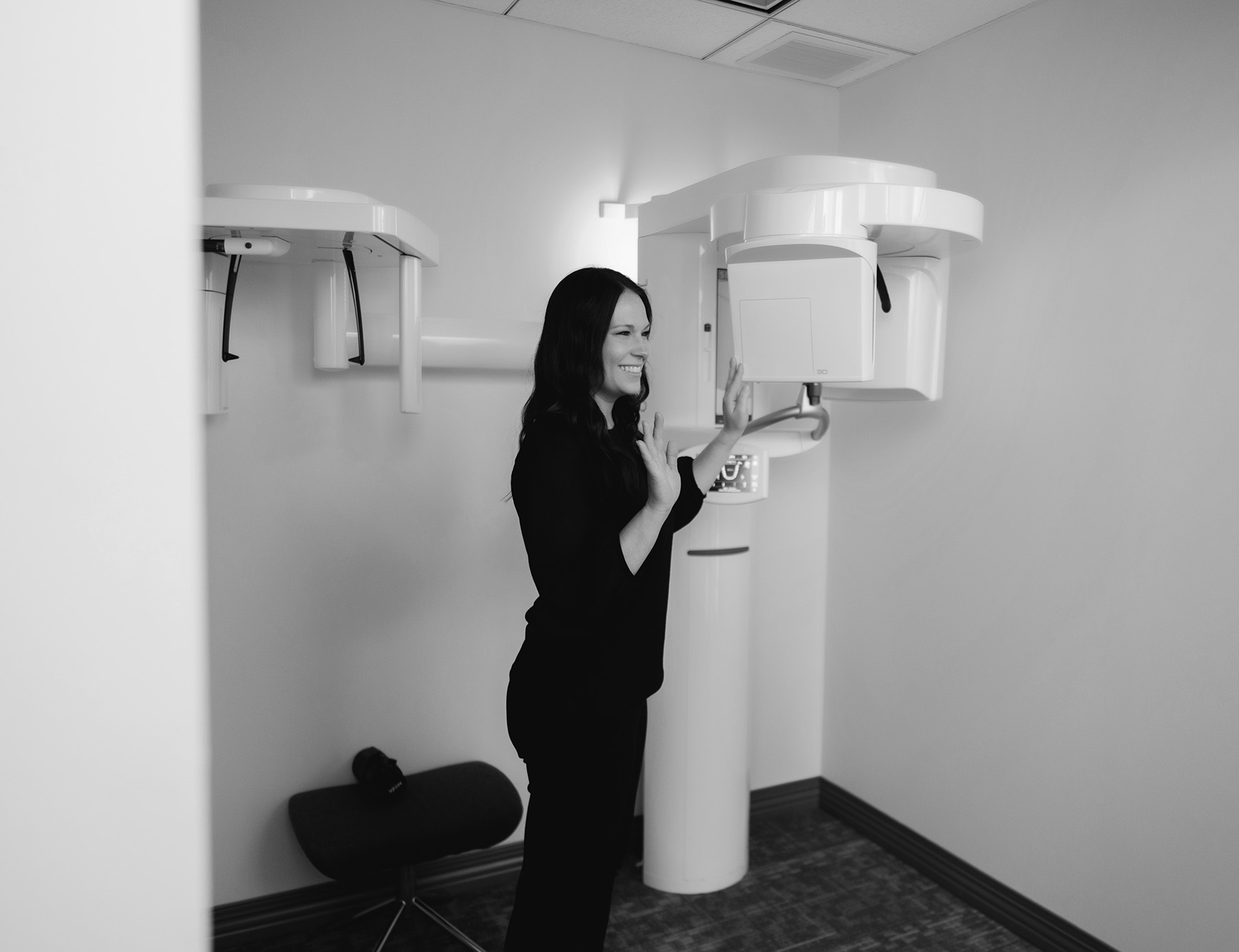
5 Surprising Things Your Mouth Reveals
Every time you open your mouth, it reveals some interesting and surprising things about you. Your dental hygienist and your dentist see much more than cavities and crowns. They are like experienced dental investigators, reading the evidence as they help you achieve optimal oral health.
In addition to knowing whether you drink too many sugary drinks, snore, bite your nails, or grind your teeth, the evidence reveals much more. Because people tend to visit us more often than their doctor, dental professionals often catch more serious health issues first.
Here are a few deeper concerns we are attentive to during your visit:
1. Oral Cancer
During every visit with the DDC team, we check for tell tale signs of oral cancer. It often shows up as unexplained bleeding in your mouth, but there are other symptoms as well. Noticeable changes in the way your teeth come together, swollen bumps and erosion in other areas of your mouth are also symptoms. In addition, speckled red or white patches may also raise warning flags.
2. Diabetes
One whiff of your breath can reveal underlying issues. Fruity smelling breath and increased dry mouth are symptoms of potential issues related to unhealthy sugar levels. Rapid changes in your gum health with swelling, bleeding and higher levels of sensitivity may also be clues related to difficulties regulating sugar.
3. Liver or Kidney Concerns
While fruity breath potentially points to diabetes, fishy smelling breath may be a sign of liver or kidney concerns.
4. Vitamin Deficiency
It may be time to change your diet or add some vitamin supplements to your daily routine. If you're experiencing a burning tongue, a glossy or smooth tongue, increased infections that heal slowly, or easy bleeding gums, it may be a sign of vitamin deficiencies. The most common deficiency detected orally is lack of sufficient iron, which is easily remedied with supplements.
5. Eating Disorder
Dentists are often the first healthcare providers to notice eating disorders. Bulimia in particular tends to erode the backside of the front teeth. While too much soda shows up on the front of the teeth, acid from inside the body tends to present itself on the backside of the teeth. However, tooth erosion in that area could also point to other possible issues including acid reflux or drug use.
As healthcare professionals, rest assured the DDC team is on the front lines of your health. If you have concerns related to any of the issues or symptoms listed above, please feel free to call our office.
Contact
Call (937) 435-5163 or request an appointment online to set up your first visit. We’ll be in touch soon.
